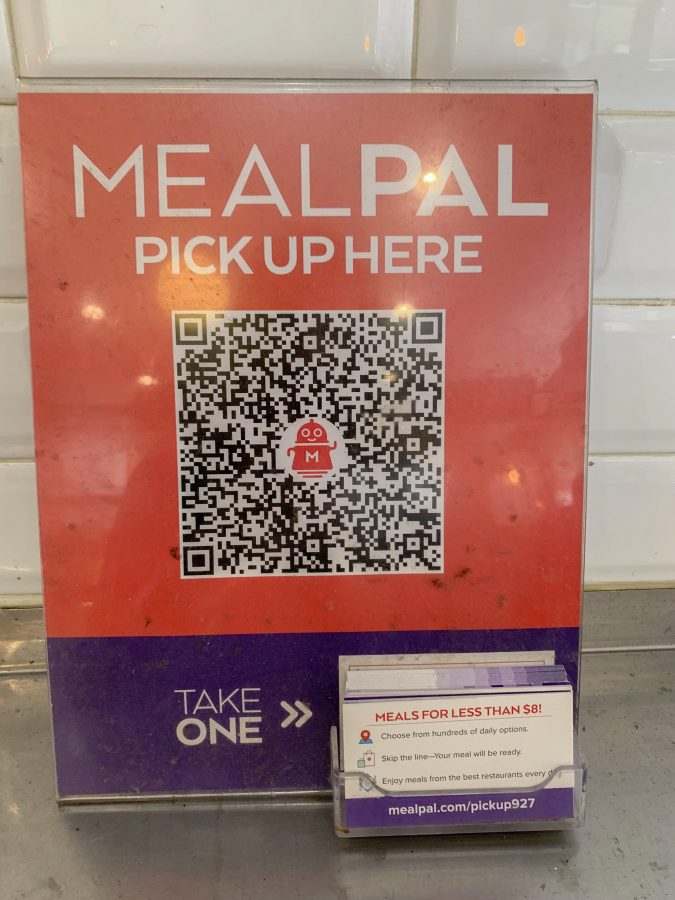Journalism is a profession that requires a wide range of resources and connections in order to climb the ladder to success.
Most of these connections are built with years of experience or with the help of a news organization a journalist is working for. However, the process for student journalists trying to become well established in the industry is difficult.
Most newsrooms are highly cooperative — they are full of experienced journalists with many connections built over the years. As a professional journalist, it is easier to reach out to experts in certain areas and political figures.
On the other hand, student journalism can be more overwhelming that it looks. Companies, school executives and even the deli around the corner might not return calls, emails or refuse to talk.
No matter the experience, the attitude toward a student journalist becomes very different from that. The Daily Princetonian’s former editor-in-chief Marcelo Rochabrun wrote, “It’s hard being a student journalist at Princeton these days,” in his goodbye letter.
Rochabrun talked about how the newspaper experienced backlash from not only administration, but also from students.
“Professional journalists don’t face these encounters as often, nor do they have to reconcile their affiliations with their town, city or country with the work they
do in the same way that we have to reconcile our affiliations with Princeton and the ‘Prince,” he added.
There are many instances that student journalists are not taken seriously, or they face aggressive behavior. Without the legal protection of a powerful organization, student journalists often hesitate to cover controversial, large-scale stories.
“Instances of student press censorship often go unreported because advisers fear losing their jobs, and students worry about jeopardizing their advisers,” wrote Columbia Journalism Review, about the student press censorship.
Student journalism by nature is highly focused on school related issues and stories.
Protests, scandals, corruption and student successes are usually the most exciting stories that are often printed in the front page of the newspaper.
Without being able to reach the right connections, student journalists often settle for aggregated
stories rather than original reporting.
They see a significant story about politics, business or any other area, read a few articles about the same topic from different big media outlets and write their own story citing those resources while being able to add only a little bit of perspective.
These circumstances hinder the growth and improvement of student journalists, who are supposed to become the voice of the next generation.
Students journalists who are trying to focus on their own reporting usually face similar obstacles with freelance journalists. Freelancers with previous professional newsroom experiences are at an advantage when it comes to pitching stories to editors. However, it is not impossible to start a journalism career as a freelancer.
Social media presence is considered helpful for both student and professional journalists. Using their own websites as an accessible portfolio makes it easier for publications to decide whether someone is a good fit for the project they are going to be assigned to.
It is possible to start with more local projects to build a portfolio and not be discouraged in a situation in which people act mean
or they do not want to be interviewed.
Both people and bigger media organizations should show more respect to student journalists and freelancers who are facing many difficulties.







